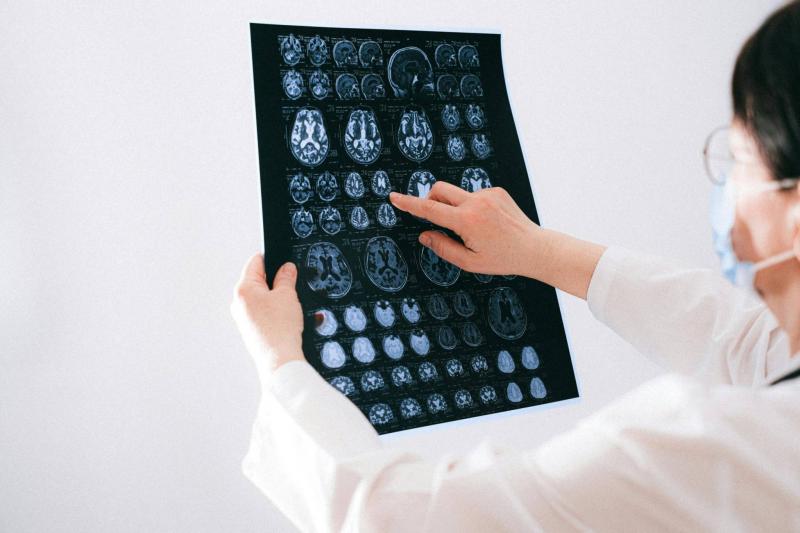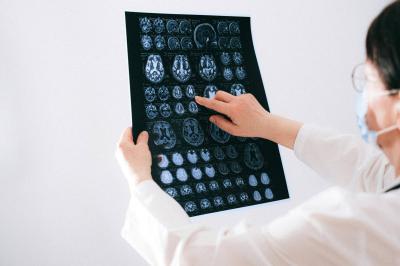Despite the significant success achieved by Neuralink, owned by U.S. billionaire Elon Musk, in implanting the first electronic chip in a patient's brain, the company has recently faced a technical issue regarding the reduced amount of data that the chip can capture from the brain, according to the Wall Street Journal.
According to a blog post from the company, some of the wires of the chip implanted in patient Noland Arbo last January became misaligned, resulting in a "loss of data." The company did not disclose the reason for the wires becoming misaligned.
The newspaper reported that sources familiar with the matter indicated that Neuralink is investigating the possibility that "the presence of air inside the patient's skull after surgery," known as "hydrocephalus," contributed to the misalignment of these wires. They confirmed that this issue "does not pose any risk to patient Arbo, who has been quadriplegic since a diving accident in 2016," yet the consideration of removing the chip from his brain has been raised as a solution to this problem.
What do we know about the chip that "turns thoughts into reality"?
Technology is continually advancing across various sectors, including the medical field, where scientists and specialists are working to develop devices that contribute to treating patients and aiding in their recovery. It is indeed fascinating to announce the implantation of an electronic chip in the human brain.
The company clarified in its blog post that the reduction in data is due to the retraction of the wires, leading to a reduction in "bits per second," which is a measure of the speed and accuracy of the patient's ability to control a computer cursor using only their thoughts.
In response, Neuralink stated, as reported by the newspaper, that it has made changes, including modifying its algorithms, which improved data transfer rates.
Despite the decline in the chip's capabilities, Neuralink managed to conduct a live demonstration of Arbo playing chess, representing a leap in the capabilities of brain chip technology. Arbo also appeared this week in a live broadcast on the "X" platform, playing on a computer, thanks to the brain chip.
The Wall Street Journal notes that Neuralink expected some challenges during its first trial on a human patient, "but there is a general optimism that this issue is solvable, which will enable future chips to capture more data and provide greater capabilities for patients."




